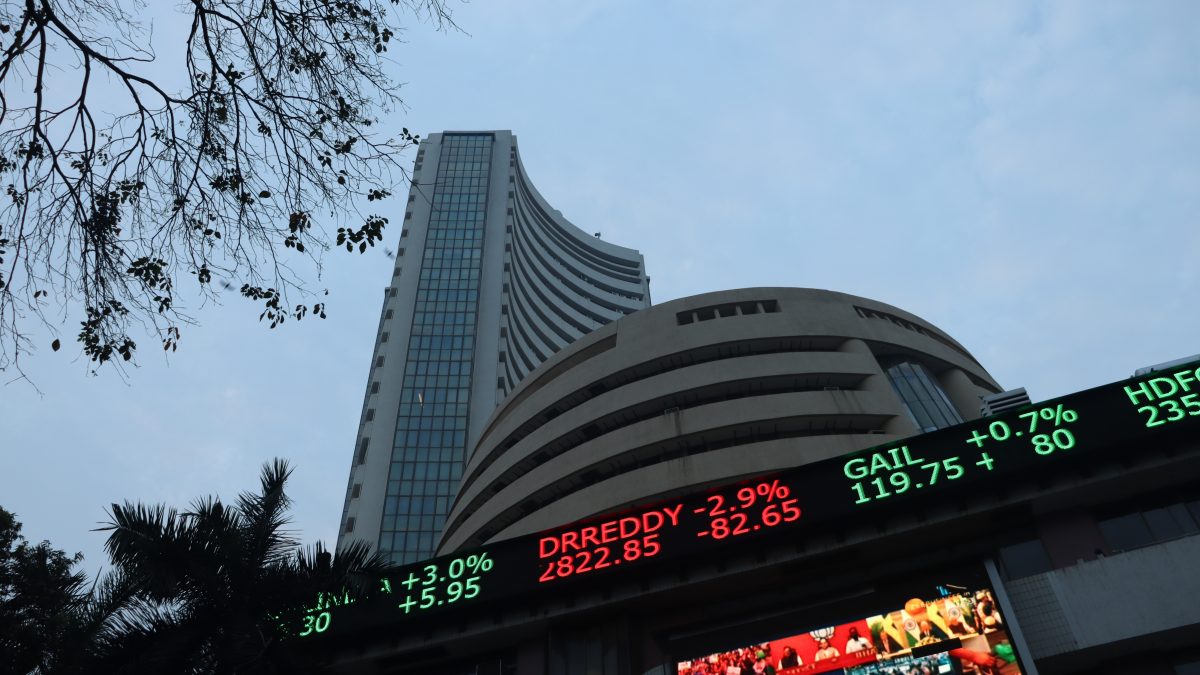Investors in the Indian stock market saw no relief as Dalal Street’s benchmark indices opened in red yet again on Tuesday (March 4).
The 30-share BSE Sensex opened below the 73,000 mark at 72,817.34, down 268.6 points from the previous session’s closing.
It hit a low of 72,633.54 in early trade.
The broader Nifty 50 index opened at 21,974.45, down 144.85 points.
All 13 major sectors logged losses at the open, while the broader small- and mid-caps fell about 1 per cent each.
Why is the market crashing?
Several factors are contributing to the current market downturn, including foreign investor selling, global economic concerns, and a correction in small-cap and mid-cap stocks.
One key reason for the sustained selling by foreign institutional investors (FIIs) in India has been high market valuations and attractive yields on US bonds, particularly following Trump’s announcement of significant policy shifts.
There is a belief that Trump’s policies could lead to inflation in the US, which may undermine the Federal Reserve’s efforts to control it. The high interest rates in the US make certain assets more appealing, prompting FIIs to withdraw their investments from Indian equities to reallocate their funds.
Additionally, signs of a slowdown in the domestic economy have alarmed foreign investors. India’s gross domestic product (GDP) declined for three consecutive quarters, from Q4 FY24 to Q2 FY25.
Even during Q3 FY25, when GDP growth reached 6.2 per cent, it was still the slowest growth since Q4 FY23, aside from the previous quarter (Q2 FY25), when it grew by only 5.6 per cent.
Impact Shorts
More ShortsWhat happens next?
“In the near-term, there are no chances of a rebound in the Indian market even though valuations are fair. Investors should remain cautious and wait to see how the scenario unfolds,” said Dr. V K Vijayakumar, Chief Investment Strategist, Geojit Financial Services.
But Axis Securities’ analysis differs.
In a report, the broekrage house has pointed out that “March has historically been a strong month for market recoveries, with an average gain of 1.7 per cent since 2009 (excluding the 2023 outlier plunge). The Nifty has never recorded six consecutive months of declining prices in history, suggesting a potential rebound.”
More to come


)

)
)
)
)
)
)
)
)



